 The fruit or venison which nourishes the wild Indian, who knows no enclosure, and is still a tenant in common, must be his, and so his (ie a part of him) that another can no longer have any right to it, before it can do him any good for the support of... The fruit or venison which nourishes the wild Indian, who knows no enclosure, and is still a tenant in common, must be his, and so his (ie a part of him) that another can no longer have any right to it, before it can do him any good for the support of...  Two Treatises of Government: By Iohn Locke - Page 214by John Locke - 1764 - 416 pagesFull view Two Treatises of Government: By Iohn Locke - Page 214by John Locke - 1764 - 416 pagesFull view - About this book
 | Beate Jahn - Political Science - 2006 - 290 pages
...wild Indian, and who knows no Inclosure, and is still a Tenant in common, must be his, and so his, ie a part of him, that another can no longer have any...right to it, before it can do him any good for the support of his Life.'44 It is important, however, to see how subtle is the shift from ownership of... | |
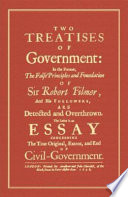 | John Locke - Law - 2006 - 366 pages
...the wild Indian, who knows no Inclo fure, and is ftilla Tenant in common, muft be his, and fo his, ie a part of him,, that another can no longer have any right to it, before it can do him any good for thefupport of his Life. 27. Though the Earth, and all inferior Creatures be common to all IVfen, yet... | |
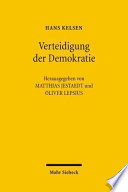 | Hans Kelsen - Law - 2006 - 430 pages
...they can be of any use or at all beneficial to any particular man." They "must be his, and so his, ie, a part of him, that another can no longer have any right to it, before it can do any good for the support of his life."24 It stands to reason that this argument can prove the necessity... | |
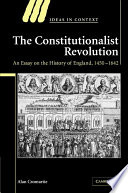 | Alan Cromartie - History - 2006 - 18 pages
...God must have provided a method by which a given individual could make a given consumable 'so his, ie a part of him, that another can no longer have any right to it'. 28 As labour is 'the unquestionable property of the labourer', Locke drew the conclusion that 'no man... | |
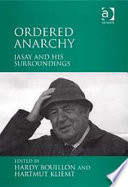 | Hardy Bouillon, Hartmut Kliemt - Philosophy - 2007 - 234 pages
...wild Indian, who knows no Inclosure, and is still a Tenant in common, must be his, and so his, ie, a part of him, that another can no longer have any...right to it, before it can do him any good for the support of his Life.77 The key phrase is "a part of him," for "Though the Earth, and all inferior Creatures... | |
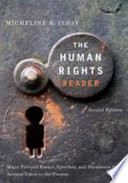 | Micheline Ishay - Law - 2007 - 590 pages
...the wild Indian, who knows no enclosure and is still a tenant in common, must be his, and so his, ie, a part of him, that another can no longer have any right to it before it can do him any good for the support of his life. 27. Though the earth and all inferior creatures be common to all men, yet every... | |
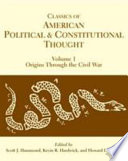 | Scott J. Hammond, Kevin R. Hardwick, Howard Leslie Lubert - History - 2007 - 1236 pages
...the wild Indian, who knows no enclosure, and is still a tenant in common, must be his, and so his, ie the people in any of the said premises ought in any wise to be drawn hereafter into consequence or e support of his life. 27. Though the earth, and all inferior creatures, be common to all men, yet every... | |
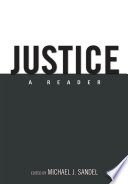 | Michael J. Sandel - Law - 2007 - 428 pages
...wild Indian, who knows no enclosure, and is still a tenant in common, must be his, and so his, ie, a part of him, that another can no longer have any right to it, before it can do any good for the support of his life. 27. Though the earth and all inferior creatures be common to... | |
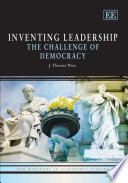 | J. Thomas Wren - Political Science - 2007 - 423 pages
...justification for the private ownership of property based upon one's individual labor. As Locke explained it, 'Though the earth, and all inferior creatures, be common to all men, yet every man has & property in his own person.... The labour of his body, and the work of his hands, we may say, are... | |
| |